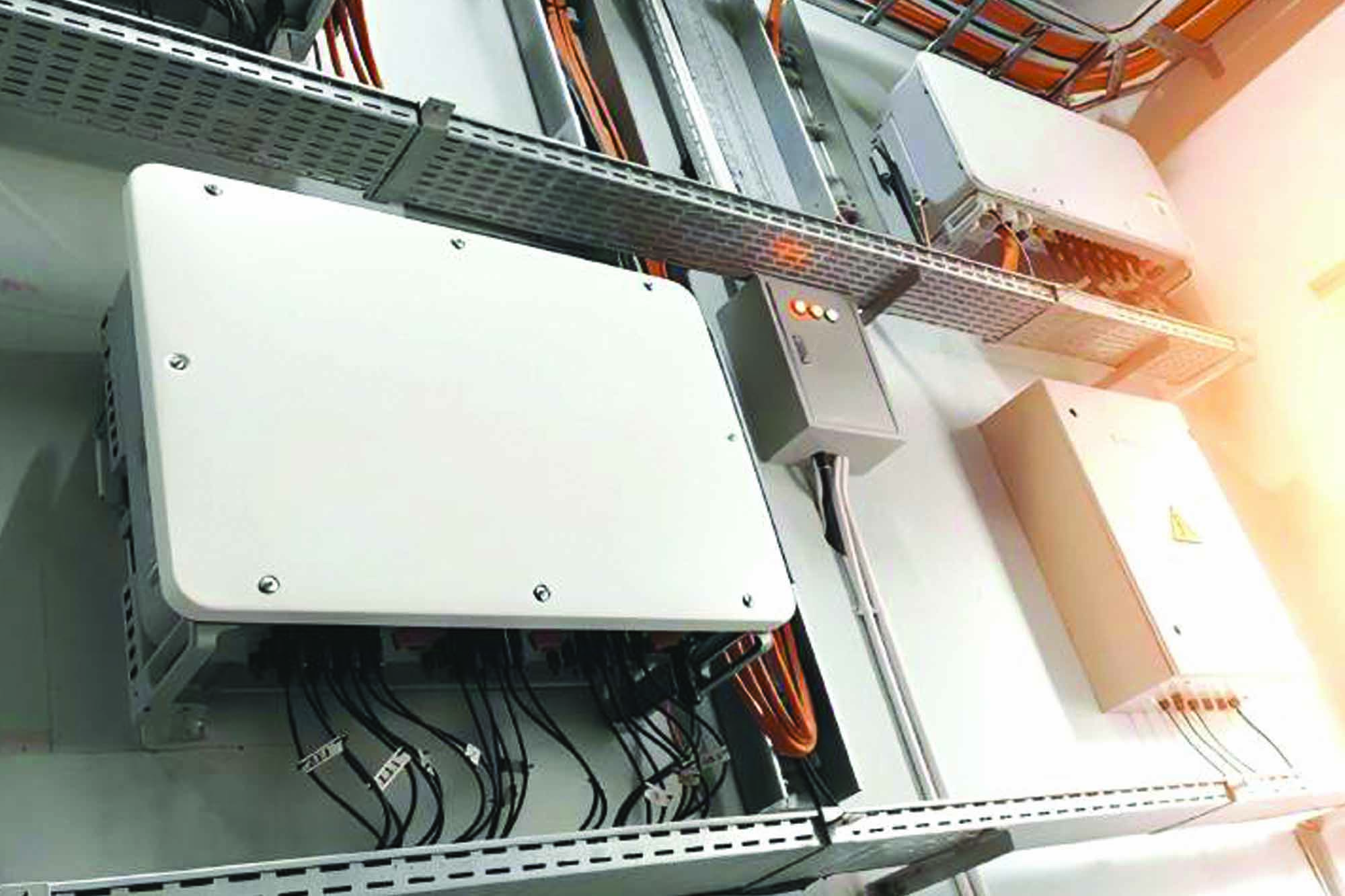Scope for energy balance with microgrid innovations
By EPR Magazine Editorial July 25, 2024 4:50 pm IST
By EPR Magazine Editorial July 25, 2024 4:50 pm IST

Picture a world where power flows seamlessly, effortlessly balancing supply and demand. Advanced energy storage and monitoring systems are the key to this vision. Innovations in microgrids are making stable and reliable energy a reality despite implementation challenges.
Authored Article: Shashank Vyas, Consultant, Energy Transition, Infosys
Automatic generation control, ancillary services management, and software solutions like advanced market management systems coordinate generators’ power output in real time. This approach enhances wholesale market dynamics, increasing efficiency and market value for conventional and RE-based generators. Flexibility is being actively implemented through smart grid technologies, enabling generators to ramp up to their rated power smoothly.
Energy storage at the generation end is helping transform how we meet demands through coordination among load, price, and market dynamics. Advanced monitoring through PMUs provides enhanced observability. Optimisation platforms like advanced energy management systems (AEMS) support real-time power flow for transmission systems.
Advanced metering and AMR have provided the backbone for smart metering, which ensures a transparent energy account and reduces AT&C losses in distribution lines. Predictive maintenance and predictive analytics are transforming asset maintenance and management in the distribution network. The DERMS platform is helping DSOs manage a variety of DERs, like rooftop solar, EV chargers, and behind-the-meter batteries.
It helps in managing the energy flow within and beyond grid-connected landable microgrids. Virtual power plants (VPPs) allow consumers to have their excess generation scheduled for usage at the system level. Blockchain-enabled P2P trading is creating a new paradigm of community marketplaces. Demand response and demand side management are another set of smart grid technologies that leverage the power of ‘Negawatts’ or peak-shifting or peak-clipping in response to system loading compensated by incentives.
Deployment of smart grid infrastructure
Distribution utilities face the challenge of raising capital for installing, operating, and maintaining smart grid technologies, particularly cash-strapped public sector companies in India. However, with research, development, and demonstration grants, multiple pilot-level technologies are showcased in such regions. A few common general hassles are associated with replacing legacy systems with new technologies in a distribution network.
Smart metering/AMI rollout faces challenges of scale and technology adaptation for consumers. Due to the scale of the network, upgrading existing SCADA/OMS with an integrated multi-function ADMS often takes multiple months. However, system operation faces issues due to a lack of skilled workforce or a steeper learning curve, impacting the value timelines that smart grid technology can offer. Demand response technologies, among others, face regulatory hurdles given approvals for the tariff structure and consumer incentives.
Energy storage advancementsLong-Duration Energy Storage (LDES) in the form of advanced iron flow and redox flow batteries can ensure firm and clean dispatchable renewable power. Energy storage at the RE power plant boundary with the interconnected transmission network can arrest the periodic fluctuations in output power and open up additional revenue streams for RE generators in the form of the ancillary services market.
Enhancing resilience
Microgrids can provide a re-configurable energy system that can connect to the utility power grid or work independently. Certain sections of a power distribution network can be isolated in case of outages or during extreme weather conditions. The critical loads can be supplied and sustained by creating a microgrid setup.
Distributed and decentralised RE sources and other DERs like rooftop solar and EV chargers can provide local energy (in the form of V2G) to certain critical sections on a feeder. Energy storage-powered microgrids provide emergency power to certain island sections during extreme weather events to boost resilience and ensure the reliability of clean, affordable power.
Pumped storage technology
Pumped Storage Hydro (PSH) is a crucial technology that will enhance stability in India’s power system alongside other energy storage technologies. Due to its synchronous generator-based nature, PSH can offer essential inertia levels that inverter-based storage cannot provide. This technology, whether integrated with existing hydropower plants or standalone, represents one of the most cost-effective options for generating clean electricity on a per-unit basis.
In India, the Firm and Dispatchable Renewable Energy (FDRE) and the classical Round the Clock (RTC) power programs now require energy storage as a mandatory component in their tenders. Pumped Storage Hydro (PSH) is emerging as a top choice for many companies bidding on these projects. Several tenders for PSH development are currently being processed.
We use cookies to personalize your experience. By continuing to visit this website you agree to our Terms & Conditions, Privacy Policy and Cookie Policy.